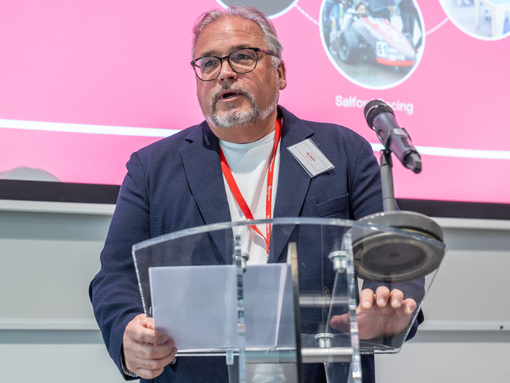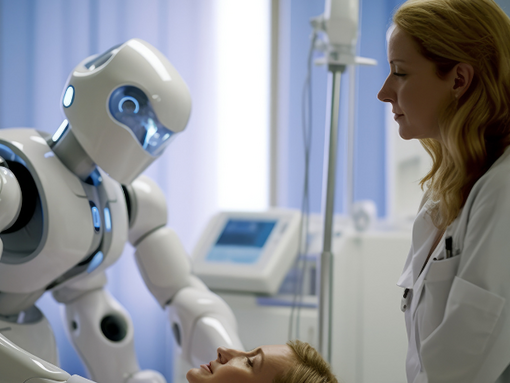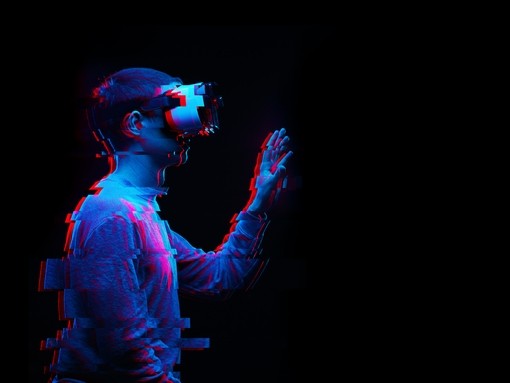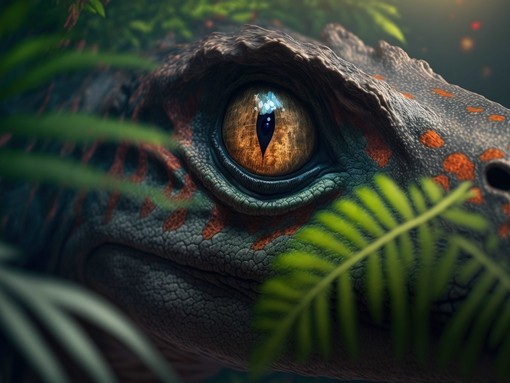
Dr. Penny Trayner, neuropsychologist, tech entrepreneur and DJ
Contents
- What was your childhood like and how were you encouraged into working in neuropsychology?
- Did you ever encounter any barriers along the way?
- How did you end up working in neuropsychology and what is the link with STEM subjects?
- How did you progress within your field?
- What’s the best piece of advice you’ve ever been given?
- Have you seen a move towards greater neurodiversity in the workplace recently?
Contents
In our PathFinders series, we spotlight professionals from a range of sectors, backgrounds, and experiences to talk to them about their careers, achievements, aspirations and more.
In this edition, Morson meets Dr Penny Trayner, a neuropsychologist, app developer and professional DJ. Alongside building a successful practice in paediatric brain injury rehabilitation throughout her studies, in 2020, Dr Penny Trayner found herself becoming a tech entrepreneur with the development and release of her app Goal Manager, a patient journey mapping software for healthcare rehabilitation.
In part one of our interview with her, ahead of her attendance at Manchester Tech Festival, we find out about her career journey, the best piece of advice she has ever been given, and her thoughts on neurodiversity in the workplace:
What was your childhood like and how were you encouraged into working in neuropsychology?
We spent quite a lot of time in childhood visiting power plants and going off to see bridges and things like that. I think what it gave me was a natural curiosity about the world, how the world is constructed, how it works. I come from a family of great adventurers. They were all off wanting to go and change the world and construct the world and be part of that. I think it really gave me that grounding in my childhood and an interest in science and an interest in maths and no fear of those things.
Did you ever encounter any barriers along the way?
I think partly because I came from such a supportive background, for me, there was never any question that I would be able to pursue whatever career I wanted to pursue. But I think I am fortunate that I come from a family where that’s our ethos. All of us believe there are no kind of barriers that you should put in front of yourself or limitations in front of yourself. But I do recognise that for other girls, young girls, that might not be the option.
I think historically that some of the working environments that you might find yourself subsequently working in are not environments where women traditionally inhabit. And I think that makes it really difficult to think, “am I can I go into that space and what’s the working life going to be like?”
But for me, I think because I grew up around technology, around engineering, going in holidays to see the amazing feats of engineering just because we could, I wasn’t afraid of those environments, and I knew what they were about. I recognise for a lot of people that isn’t the case.
How did you end up working in neuropsychology and what is the link with STEM subjects?
Human beings are the most complicated thing on this planet. I think the challenge of trying to work out the brain and how that relates to what we see in terms of people’s behaviour and their emotions. I’m really interested in that. When you have an accident or where there is a something goes wrong with the brain, how that manifests and how we can make it better is a real kind of passion of mine. I think the two things are kind of quite related, really, I think we’re just engineering people rather than engineering machines. The same principles apply. It’s about scientific inquiry, it’s about hypothesis testing, it’s about doing thorough research and really understanding what’s going on.
My background when I was younger was in science, I studied all sciences at A-Level and was very much in that direction, open to go off to whatever branch of science I wanted to go into and it’s people that I chose and people that I wanted to work with because they are so interesting and it’s great to be able to help them.
I didn’t really know psychology was a profession until much later. I grew up in the Middle East and studied sort of quite traditional subjects and so I was aware of the sort of traditional professions in science. When I got to A-level and decided what I was going to do at university and started looking at psychology and thought, this sounds amazing! And then I studied psychology with neuroscience.
Even right at that kind of early stage I was really interested in the neuroscience behind it, understanding the brain and what that’s all about. It was only my second year of university. I was thinking, what am I going to do next? And thought becoming a clinical psychologist was a great way to be able to practically apply those skills, putting it into practice and doing something useful hopefully in the world. Alongside kind of my studies at university, I also worked as a support worker because in psychology you need clinical experience before you can go into clinical training. I was really privileged to get to work with a young man with autism, and I worked with him all the way through, most of my second year and my third year, which is a real privilege to get to learn and actually get to apply psychology.
I really like that idea of kind of studying and working at the same time. And I really love these kind of courses where you get a sandwich year. You can go off and work in industry and really kind of see what it’s like and then come back and finish off your studies. I think it probably motivates you a bit more. I’d really love to see psychology going a little bit more in that direction, a bit more applied so people got some practical experience you get to do a placement.
How did you progress within your field?
To train as a psychologist, it’s quite a long path. You have to do an undergraduate degree. You usually go out into the field and do a couple of years and get research experience or clinical experience. You then go back and do a doctorate in clinical psychology or educational psychology. If that’s what you want to pursue, which is a three-year course. I went out from there and was working in central Manchester, working in the community. Sure Start centres, children’s centres, meeting families from all kinds of backgrounds and just sort of helping them in the early years really with young children and young parents often needing support.
From that started going more into kind of the neuroscience side of things and was very fortunate to be able to work at the Evelina Children’s Hospital in London for a couple of years, in a specialist service for tics and Tourette syndrome, which was absolutely incredible. And I learned so much in those two years and going to work in London in the capital was amazing. Exhausting at times, but absolutely amazing.
Alongside that journey, I’ve continued to study in neuropsychology. I’d been working, training up and doing the additional qualification that you also have to do to become a neuropsychologist, which takes a couple more years. All in all, its been a sixteen year journey from start to finish.
I established my own private practice in community-based neuropsychology ten years ago. We work all over the northwest and sometimes all over England and Wales seeing children and families who’ve had acquired brain injuries and providing them with community-based rehab.
What’s the best piece of advice you’ve ever been given?
I’m going to credit this advice to my father because I think it really works in terms of practical application of running a company, running it successfully, and also branching into tech. The one thing he’s always said to me is, don’t delegate any work that you’re not either prepared to do yourself or that you don’t fully understand. That’s not to say that you can’t partner with people that have expertise that you don’t have, but you need to understand what you need and what your service needs and what your service users need in order to provide the best for them. I always make sure as a result that I know kind of everything I’m doing intimately in and out and make sure that I can always support anyone in the team is working on any of the projects if they get stuck, because I understand those issues and challenges myself.
Have you seen a move towards greater neurodiversity in the workplace recently?
I think one of the things that we’ve seen a lot of the last couple of years over the pandemic is the shift to home-based working for a lot of us, and also hybrid working.
I think what we really must acknowledge is just how beneficial that has been for people who have accessibility issues for a variety of reasons. It really suits a lot of people to not have to make an onerous journey into work, to not have to deal with a lot of the social demands of work, hot-desking, or the uncertainty and all the challenges of work which have got in the way of people being able to be as productive and happy at work as they can be.
I think one of the major things that’s happened for me is to see that embraced across most companies, and most people are looking to see how we can accommodate that as a need.
I think there is much more recognition now, now that we’ve all had a couple of years at home and seeing what works for us from a work perspective, that perhaps it wasn’t working for a lot of people, and we need to look into that now. It’s great to see it’s on the agenda.
Part two of our interview with Dr Penny Trayner, where she discusses the Manchester tech scene, becoming a tech entrepreneur and more, is coming soon…
Tackling digital poverty is one of the key steps in improving diversity and inclusion within the tech sector. Find out how we’re working to tackle this through our association with Manchester Tech Festival here
Contents
- What was your childhood like and how were you encouraged into working in neuropsychology?
- Did you ever encounter any barriers along the way?
- How did you end up working in neuropsychology and what is the link with STEM subjects?
- How did you progress within your field?
- What’s the best piece of advice you’ve ever been given?
- Have you seen a move towards greater neurodiversity in the workplace recently?
















